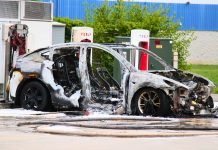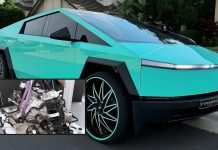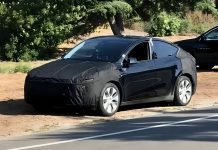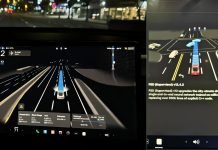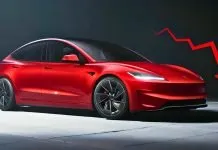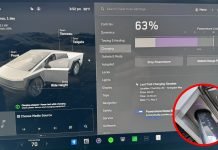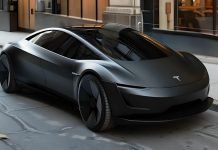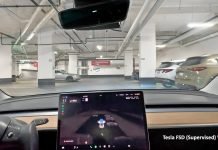Tesla’s popularity is all down to its innovation, the command spends hundreds of millions of dollars on research and development to be on top of its game. The auto industry is undergoing a period of rapid changes and cut-throat competition especially when it comes to the development of new Electric Vehicle technology. The main focus of EV manufacturing companies is range extension; as such the race to come out with the best battery technology is fiercer than ever before.
Tesla researchers study that potentially paves a way to a next-generation battery cell with breakthrough energy density
Tesla’s battery research group in Canada has released a new study that potentially paves a way to a next-generation battery cell with breakthrough energy density. The study also shows some obstacles that the researchers need to overcome. The Canadian team led by Jeff Dahn have been conducting groundbreaking battery research, they have been doing this in partnership with Tesla for the past four years. Their main focus is on improving the current generation of Lithium-ion battery cells, but they are also looking at inventing a possible next generation of battery cells that would totally revolutionize car batteries. This next-gen battery could be the future of long-range electric vehicles.
There is a rumor in the EV community that the next-gen batteries are going to be solid-state batteries, but the research of Tesla and Dahn’s group has suggested that it could be anode-free lithium-metal pouch cells with a dual-salt LiDFOB/LiBF4 liquid electrolyte.
In the research paper published last year, the team described new battery cells with the higher-energy density that doesn’t require an expensive new method of manufacturing. This would enable Tesla to develop batteries with more energy capacity without incurring additional cost, but the team is yet to provide results regarding the longevity of such batteries. During the research phase, they were only able to achieve 90 cycles which is not viable for any modern commercial applications, range and performance without reliability do not make for a successful project.
Now Dahn and his team have published a new paper on this, this study was entirely financed by Tesla and co-authored by four Tesla employees. This paper is called “Diagnosing and correcting anode-free cell failure via electrolyte and morphological analysis”, they have published this in the renowned scientific journal Nature, and they identify the problems with longevity and introduce a solution.
“Recently, we demonstrated long-lifetime anode-free cells using a dual-salt carbonate electrolyte. Here we characterize the degradation of anode-free cells with this lean (2.6 g Ah−1) liquid electrolyte. We observe deterioration of the pristine lithium morphology using scanning electron microscopy and X-ray tomography, and diagnose the cause as electrolyte degradation and depletion using nuclear magnetic resonance spectroscopy and ultrasonic transmission mapping. For the safety characterization tests, we measure the cell temperature during nail penetration”.
The aforementioned statement was mentioned in the paper’s abstract
The team found that with their dual-salt electrolyte there’s an inactive matrix in-situ of dead lithium that forms large, dense lithium columns inside – forming an ideal lithium morphology:
The paper shows that they not only identify the bottlenecks, but it also introduces a solution by optimizing the electrolyte to improve the life of the lithium-metal anode-free cells to 200 cycles, which is a massive improvement over less than a year. Although 200 cycles still isn’t a solid number for commercialization, there is still a long way to go before this is perfected.
Tesla battery experts hint at powering electric aircraft with new-generation battery cells
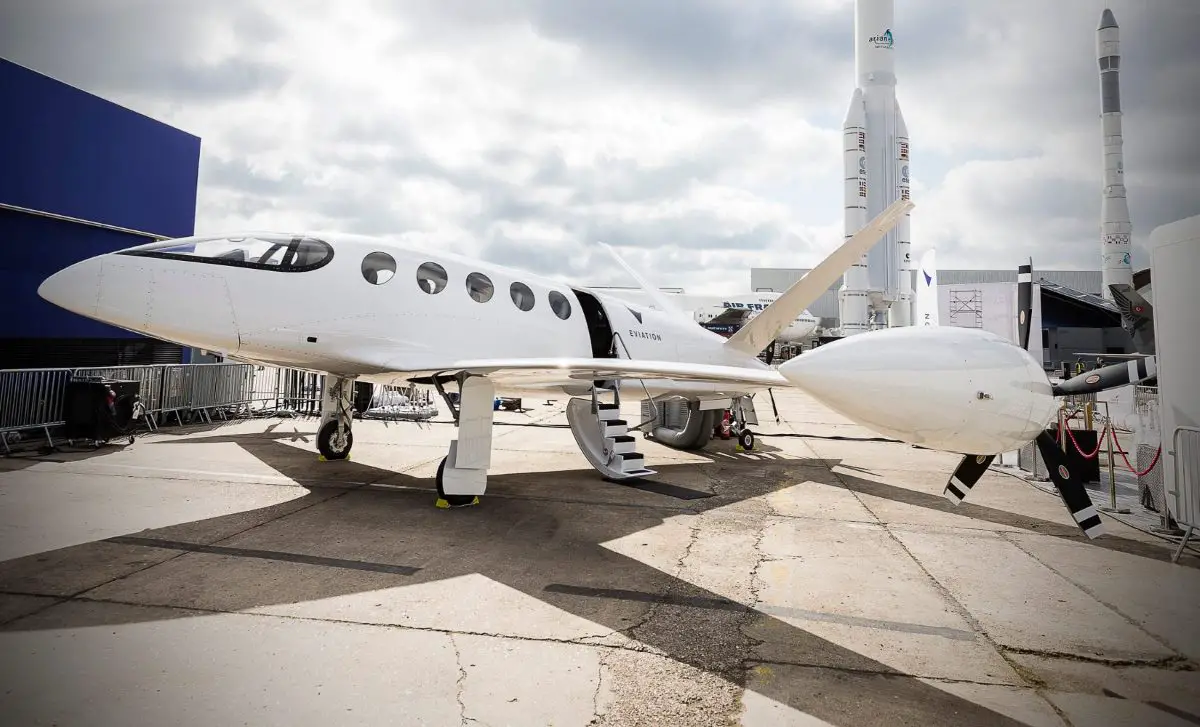
The battery experts over at Tesla are hinting at powering an electric aircraft with the new next-generation battery cells. The researchers mentioned this future piece of battery technology could even enable “electrified urban aviation”. The topic of urban aviation specifically refers to those electric air taxi services that many multi-national companies like Uber, are working on. These commuter taxi services are relying on the electric vertical take-off and landing (eVTOL) aircraft that can take off and land without the need for a huge runway and carry a few passengers over short distances without the hassle of traffic.
The current anode-free lithium-metal battery cells tested by the Canadian research team are achieving a ~360 Wh/kg energy density and volumetric energy density and volumetric energy density of 1000 Wh/L. This could propel higher capacity eVTOL aircraft, but it is also getting really close to enabling commercial electric planes, this could mark the beginning of the prospect of “high voltage” commercial flights.
Tesla boss Elon Musk had previously mentioned that he had a design for a commercial electric VTOL aircraft and made a calculated estimate that Li-ion batteries would need to achieve a 400 Wh/kg energy density in order for batteries to be more efficient than kerosene and make electric aviation more viable. Musk had also mentioned that this technology is not available as of now and that it will take at least 5 years.
The anode-free lithium-metal battery is almost capable of meeting the needs of the electric aircraft, it needs roughly a 10% increase in energy density to get there. Dahn’s team’s main priority has been improving the energy density of the cells at the moment since they are currently only achieving 200 cycles-though that’s already a great improvement over what they were achieving last year.
Conclusion
If things go according to plan this new battery technology is going to change how we see electric cars, EVs will not be confined as a niche product anymore rather it will be a viable replacement for combustion cars across all classes of vehicles. Plus it could also set the foundation to the advent of commercial electric flight. Godspeed Tesla, for making an electrified clean future a reality.

